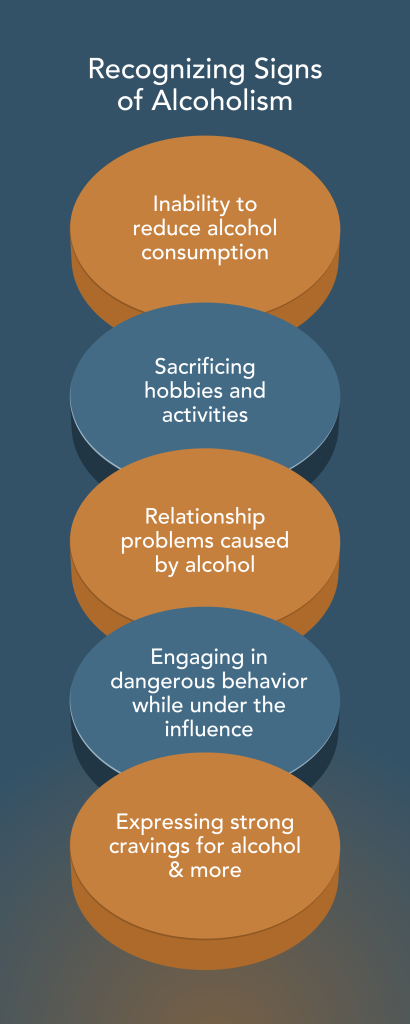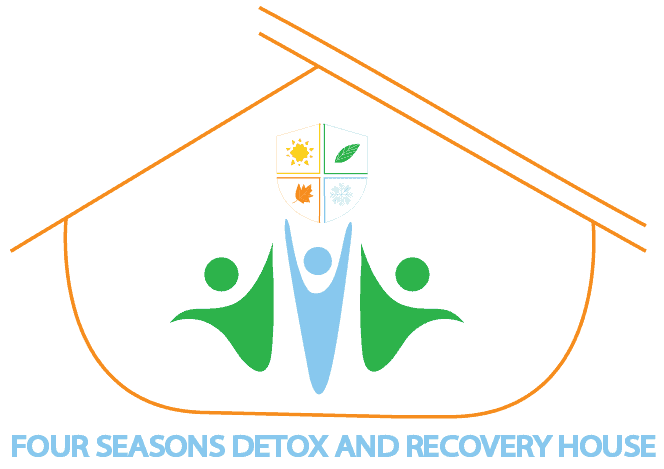Alcohol addiction can have a significant impact on the lives of individuals and their loved ones. If you are concerned about someone close to you who is struggling with alcoholism, it’s essential to know how to approach the topic and have an effective conversation. In this comprehensive guide, we will provide you with valuable insights and practical tips on how to talk to an alcoholic with empathy and understanding.
Understanding Alcohol Addiction
Before discussing how to talk to an alcoholic, it’s crucial to understand the nature of alcohol addiction. Alcohol use disorder (AUD), commonly known as alcoholism, is a medical condition that makes it challenging for individuals to stop drinking. It is characterized by a compulsive need to seek and consume alcohol, despite negative consequences.
Several factors contribute to the development of alcohol addiction. Individuals who start drinking at an early age, especially before the legal drinking age, are at a higher risk of developing AUD. Additionally, genetics and family history play a role in increasing the susceptibility to alcohol addiction. Mental health conditions such as depression, ADHD, and post-traumatic stress disorder can also contribute to the risk of developing alcohol problems.

Recognizing Signs of Alcoholism
Before initiating a conversation with an alcoholic, it’s essential to recognize the signs and symptoms of alcohol addiction. These signs can help you address specific concerns and provide concrete examples during your conversation. Some common signs of alcoholism include:
- Inability to reduce alcohol consumption, even when desired
- Sacrificing hobbies and activities to prioritize drinking
- Relationship problems caused by alcohol abuse
- Neglecting work or family responsibilities due to alcohol consumption
- Engaging in dangerous behavior while under the influence
- Experiencing withdrawal symptoms when not drinking
- Drinking more alcohol than intended or needing to drink more to achieve the same effect
- Expressing strong cravings for alcohol and spending significant time drinking or recovering from it
Preparing for the Conversation
Having a thoughtful and well-prepared conversation is crucial when talking to an alcoholic. Consider the following pointers to ensure a productive discussion:
1. Know What to Expect
It’s important to understand that denial is a common defense mechanism among individuals with alcohol use disorder. Your loved one may react with anger, blame others, or even refuse to engage in the conversation. Be prepared for these potential reactions and approach the conversation with empathy and patience.
2. Seek Professional Assistance
If you feel overwhelmed or unsure about how to approach the conversation, consider enlisting the help of an intervention specialist. These professionals are trained in addiction and can provide guidance and support during the conversation, increasing the chances of a successful outcome.
3. Choose the Right Time and Setting
Timing and environment can significantly impact the effectiveness of the conversation. It’s crucial to choose a time when your loved one is sober and in a relatively calm state of mind. Additionally, select a private and comfortable setting where both of you can feel at ease and have an uninterrupted conversation.
4. Plan What You Want to Say
To maintain focus and clarity during the conversation, it can be helpful to plan what you want to say beforehand. Consider writing down your thoughts and concerns, as well as potential responses to different reactions. This preparation can help you stay on track and express yourself effectively.
5. Research Treatment Options
Before the conversation, educate yourself about available treatment options. By presenting your loved one with potential solutions, such as therapy, support groups, or rehab programs, you demonstrate your support and readiness to help them on their journey to recovery.
6. Set Boundaries
In some cases, the conversation may become emotionally charged, and your loved one may react with anger or defensive behavior. It’s essential to establish and communicate your boundaries, making it clear that you will not tolerate inappropriate or abusive behavior. However, emphasize that you are open to continuing the conversation when they can approach it respectfully.
Tips for Talking to an Alcoholic
Once you have adequately prepared for the conversation, it’s time to engage in a meaningful dialogue with your loved one. Keep the following tips in mind to ensure a productive and compassionate conversation:
1. Use Conversation Starters
Starting the conversation on the right note can set a positive tone and encourage open communication. Consider using conversation starters such as expressing your love and concern for the person’s well-being, providing specific examples of incidents that worry you, or acknowledging the difficulty of their situation while offering support and understanding.
2. Be Direct and Clear
When discussing alcohol addiction, it’s important to be direct and concise in expressing your concerns. Avoid vague statements and clearly communicate that you are worried about their drinking habits and believe they would benefit from seeking professional help.
3. Address Specific Concerns
To make your concerns more tangible and relatable, address specific incidents or behaviors that have affected you or others. By providing concrete examples, you can illustrate the impact of their drinking and why it is a cause for concern.
4. Share Personal Impact
Alcoholics may not always realize the extent of the negative impact their drinking has on those around them. Sharing how their behavior has affected you and your relationship can help them gain perspective and understand the need for change.
5. Be Open-Minded and Listen
Remember that this conversation is an opportunity for both parties to express their thoughts and feelings. Be open to their perspective and actively listen to what they have to say. By demonstrating empathy and understanding, you create a safe space for honest communication.
6. Avoid Blame and Accusations
Negative emotions can sometimes lead to blaming or accusing the person with alcohol addiction. However, this approach is unlikely to yield positive results. Instead, focus on expressing your concerns without resorting to judgment or criticism.
7. Choose Empathetic Language
The words you use can significantly impact the conversation. Avoid labels such as “alcoholic” or “addict,” as they can be stigmatizing and create additional barriers to seeking help. Choose empathetic language that emphasizes support, understanding, and the possibility of recovery.
8. Manage Expectations
Recovery from alcohol addiction is a gradual process that requires time and effort. While it’s important to encourage your loved one to seek help, it’s equally essential to manage your expectations. Recognize that change may not happen overnight and be patient throughout their journey.
9. Offer Your Support
Let your loved one know that you are there to support them on their path to recovery. Reassure them that they are not alone and that you are willing to accompany them throughout the process. Providing emotional support and being available to talk can make a significant difference.
10. Suggest Treatment Options
Based on your research, suggest specific treatment options that may be suitable for your loved one. Present these options as choices rather than demands, allowing them to feel a sense of control and autonomy in their decision-making process.
11. Be Prepared to Step Away
Despite your best efforts, the conversation may not always go as planned. If the person becomes defensive, angry, or unresponsive, it may be necessary to step away temporarily. Recognize when the conversation is no longer productive and revisit it at a later time when emotions have settled.
Seeking Professional Help in New Jersey
If your loved one requires professional assistance for alcohol addiction, numerous treatment options are available in New Jersey. One such facility is Four Seasons Detox, a leading rehab center dedicated to helping individuals overcome alcoholism through comprehensive treatment programs.
Four Seasons Detox offers both inpatient and outpatient rehabilitation services, providing a tailored approach to meet each individual’s unique needs. Their team of accredited professionals is experienced in addressing alcohol addiction and co-occurring mental health conditions, ensuring comprehensive care and support.
To begin the admissions process or learn more about the treatment options available, contact Four Seasons Detox today. Their compassionate Recovery Advocates are available 24/7 to answer your questions and guide you through the recovery journey.
Conclusion
Having a conversation with an alcoholic can be challenging, but it is an essential step in helping them seek the necessary treatment and support. By understanding alcohol addiction, recognizing the signs, and following the tips provided in this guide, you can approach the conversation with empathy, compassion, and the intention to facilitate positive change. Remember that professional help is available, and with the right support system, recovery is possible.






